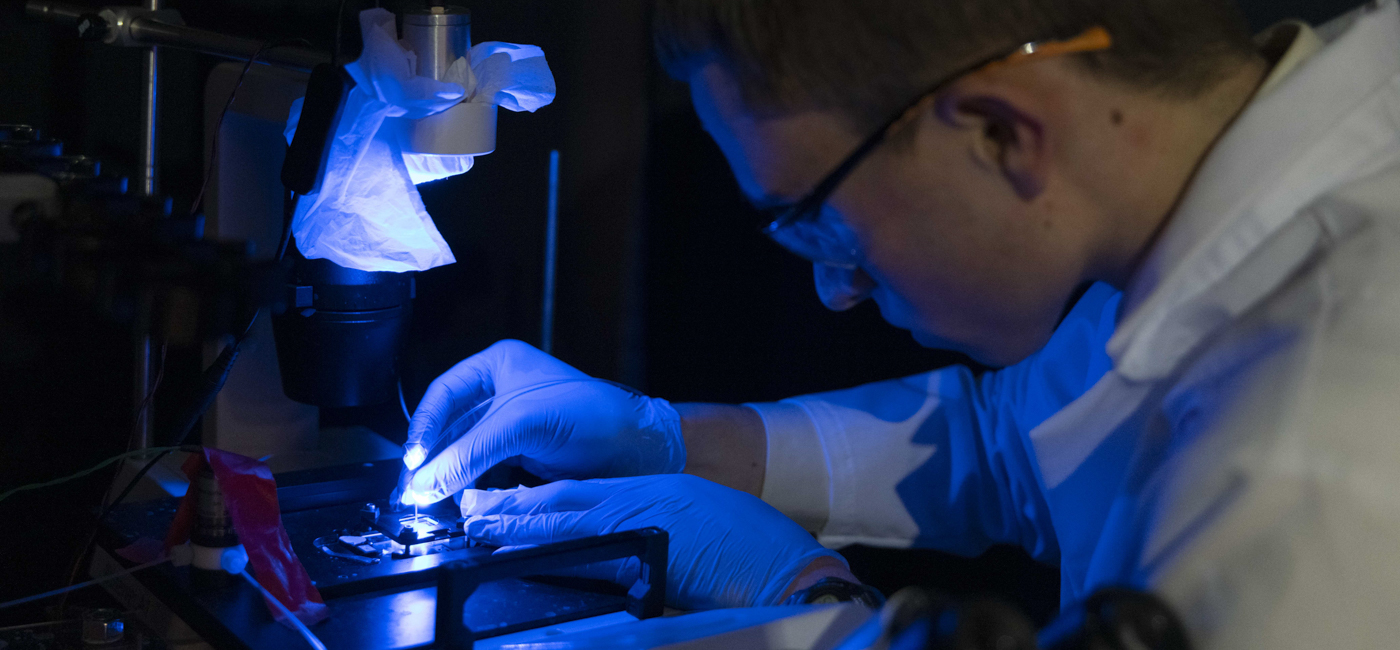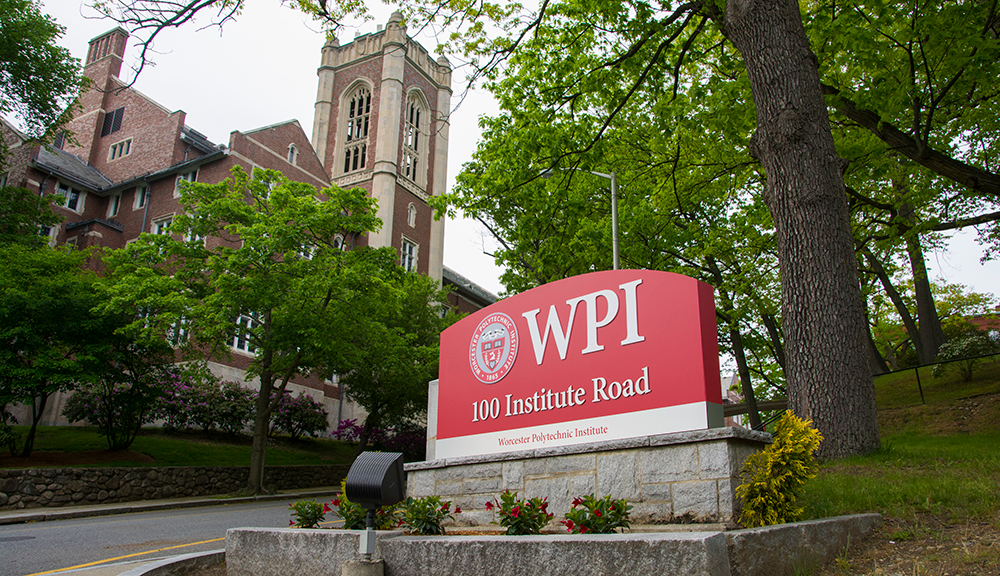WORCESTER, Mass. – June 11, 2008 – Worcester Polytechnic Institute (WPI) has announced that Dalin Tang, WPI professor of mathematical sciences and biomedical engineering, has won the 2008 Kalenian Award. As part of the award, Professor Tang will receive $25,000 to help develop his invention – a medical software diagnostic tool for analysis and indexing of cardiovascular disease. The Kalenian Award is given on a competitive basis and supports innovative ideas or the development of commercial products. It was presented at the May 13 WPI Venture Forum meeting.
The Kalenian Award was established in 2006 by Alba Kalenian in memory of her late husband, inventor Aram Kalenian ‘33. Its purpose is to encourage innovation and entrepreneurship among WPI students, faculty, and alumni by providing seed funds to advance their ideas. Alba Kalenian says her husband believed “the highest and best use of a WPI education is to invent, and patent, then create an invention-based business and employ.”
The Kalenian Award funds a single viable invention each year. Proposals are reviewed by an award committee consisting of Paul Kalenian, son of Aram and Alba; Arif Padaria, principal at Pilot House Ventures Group; and Professor McRae C. Banks, head of WPI’s Department of Management and director of the university’s Collaborative for Entrepreneurship and Innovation. The winner was selected based on the novelty of the invention and its commercial potential, the viability of its business plan, and the likelihood of its success. Ideally, the recipients should be either associated with an existing small business or in the process of trying to establish one. The award’s goal is to accelerate the winning invention toward commercialization.
The 2008 Kalenian Award recognizes Professor Tang’s research, “Image-Based Computational Mechanical Analysis and Indexing for Cardiovascular Diseases.” Dr. Tang has developed a medical software diagnostic tool using computational methods for non-invasive early identification and diagnosis of cardiovascular diseases. The tool would be used by medical doctors to improve patient’s disease stage assessment to make better treatment decisions. A U.S. patent has been filed, and an initial market analysis has been performed, funded by a grant from Massachusetts Technology Transfer Center (with Michael Manning, WPI’s director of technology transfer, as co-principal investigator). Tang’s invention improves the prior art, which lacked mechanical analysis by providing a 3D, MRI-based multi-component model with fluid-structure interactions for mechanical analysis of atherosclerotic plaques, aneurism, and heart diseases.
“As professors, we naturally work hard to deliver high quality teaching and research. Commercialization of our research product often remains a desire,” said Tang. “The Kalenian Award provides the necessary motivation, pressure, obligation, and some much needed initial funding to get us started. I am honored to be selected to receive the award. This will mark the beginning of the commercialization process of my effort. With the help and support of this award, WPI community, my family and collaborators, I hope we can bring my invention to the market and clinical practice soon.”
Tang received his B.A. in 1981 from Southeast University in China, and his M.A. and Ph.D. in 1985 and 1988, respectively, from the University of Wisconsin at Madison. His research and teaching interests are in computational biology, biofluids, biosolids, blood flow, modeling for atherosclerotic vulnerable plaques, patient-specific ventricle models for surgery optimization, mathematical modeling, numerical methods, scientific computing, nonlinear analysis, and computational fluid dynamics.
“Professor Tang’s research advances the field of cardiovascular disease-stage diagnosis,” Banks said. “His technology gives physicians a non-invasive tool to make better treatment decisions for patients in varying states of plaque buildup, a condition that can lead to debilitating strokes and heart attacks, or even death. His proposal stood out because of his novel technology that demonstrates significant market potential, and has a high likelihood of success as a business or as a licensing opportunity.”
Receiving honorable mentions for the Kalenian Award this year were Peder Pedersen, WPI professor of electrical and computer engineering, for “Virtual Interactive Training System for Ultrasound”; Malcolm Ray, WPI professor of civil and environmental engineering, for “Novel Highway Guardrail Concept”; and Quanqin Dai and Weiyong Yu, WPI professors of chemistry and biochemistry, for “Efficient and Environmentally-Safe LED Lighting Material.”
“During his lifetime, Aram Kalenian recognized how vitally important it was to move ideas from the lab or the garage to the marketplace, but he also recognized how difficult that was to accomplish,” said Banks, noting that Boston-based law firm Wolf, Greenfield & Sachs P.C. contributes a $5,000 prize for legal services as part of the Kalenian Award. “Inventors often work on interesting ideas, but in the vast majority of cases, no thought is given to who may want to use the resulting invention or how to get it in their hands. Fortunately, Aram Kalenian’s passion for invention and commercialization has extended to his son and daughter-in-law, Paul and Cathy Kalenian, who worked with us at WPI to create a competition to encourage idea commercialization. As such, the annual Kalenian Award stimulates inventors to think about moving their technology from the lab or garage to the marketplace so humanity can benefit from it, and to help one specific inventor do precisely that.”
Noted Paul Kalenian, president of X Café’ – Coffee Extracts LLC: “The Kalenian Award program is always one my annual high points. I look forward to a lifetime of these events. This opportunity brings thoughts of my family, WPI, innovation, and how inventive people can so easily get together to do remarkable things for one another and the world we live in. WPI has integrated itself into the American fabric in such a positive way.”




